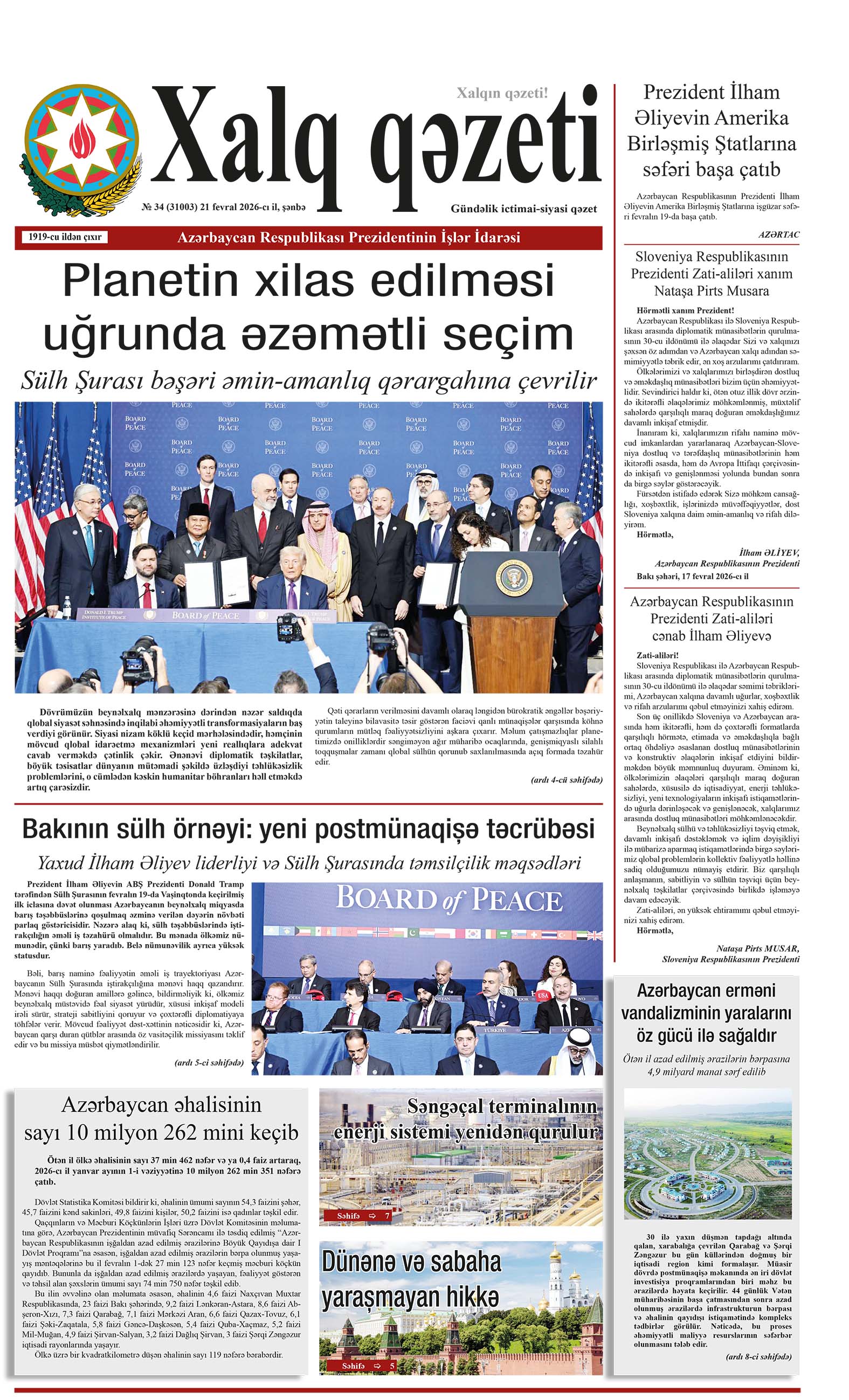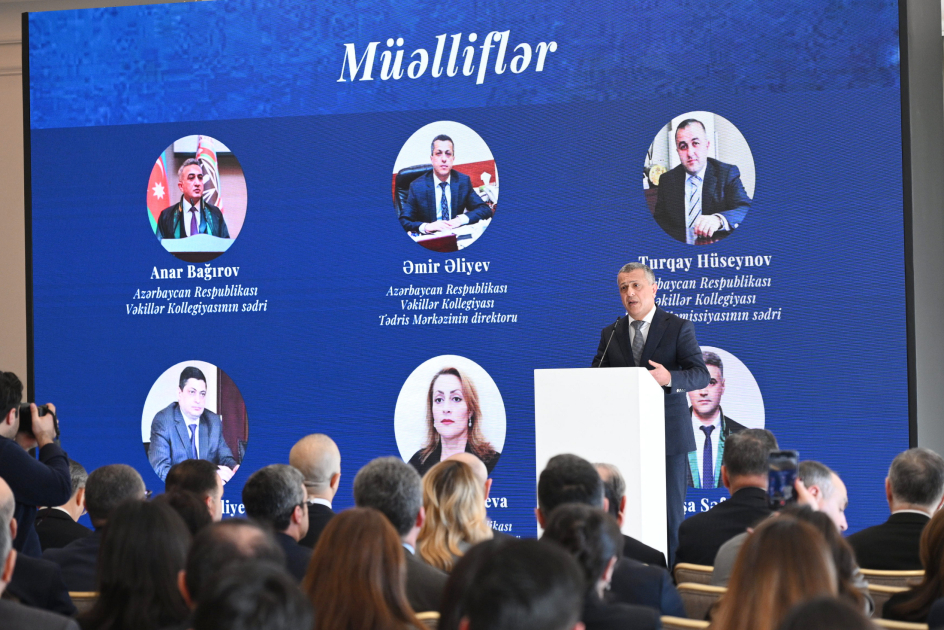Jerusalem Post
ESTHER DAVIS
ARC Innovation at Sheba Medical Center, the Icahn School of Medicine at Mount Sinai, and NVIDIA are collaborating to leverage artificial intelligence for genomic discovery using large language model (LLM) technology.
LLMs are advanced AI systems built on deep learning that process, understand, and generate. They use statistical analysis and vast datasets to predict the rest of a sequence.
In genome sequencing, the LLM treats DNA as a form of language that it can learn to understand and interpret. It can then predict how different genetic mutations will affect gene function and disease risk.
Prof. Gidi Rechavi, initiator of the project, said, “The genomic LLM approach at the heart of this pivotal collaboration aims to decipher the basic function of human genomic sequences and to enable the use of their variability as a key to diagnosis and future therapy.”
AI has work cut out for it, as 98% of human genome remains unmapped
The initiative aims to pioneer the decoding of 98% of the human genome that remains unexplored. It intends to unlock new ways to prevent, diagnose, and treat diseases.
“While approximately two percent of the human genome has been thoroughly characterized, the remaining 98 percent, which was once labeled junk DNA, is increasingly recognized as containing critical regulatory and functional elements,” said Prof. Rechavi.
Alexander Charney, a key researcher on the project, said, “This collaboration is an important step toward a future where every person can benefit from the power of whole genome sequencing.”
Dean of the Medical School at Mount Sinai, Eric Nestler, commented that “This partnership exemplifies the power of global collaboration at the intersection of science, medicine, and technology. By working with Sheba Medical Center and NVIDIA, we are unlocking new possibilities to decode the vast, uncharted regions of the human genome and advance discoveries that will benefit patients worldwide.”
The collaboration allows the institutions to combine their strengths to be able to decode the mystery of human DNA, something that has not yet been done, which will hopefully help improve the diagnosis and treatment of diseases that we don’t currently understand.
Prof. Eyal Zimlichman, CEO of Sheba Impact at ARC, said, “This collaboration unites three global powerhouses to push the boundaries of what’s possible in medicine.”
"This allows us to take AI to a place where it empowers a fundamental transformation in healthcare, accelerating scientific discovery, strengthening health systems, improving healthcare outcomes globally, and driving new economic value throughout the ecosystem,” he added.
What is the initiative focused on?
Initially, the initiative will focus on areas of medicine where genetic complexity has hindered scientific progress.
The system will analyze connections between thousands of genomic regions to help researchers understand and identify mechanisms that contribute to disease. This should also allow the researchers to better develop treatments for the diseases.
Dr. Nati Daniel and Dr. Yoli Shavit, Applied AI Architecture at NVIDIA, said, “AI has the power to unlock the secrets of the human genome and transform health care for billions of people worldwide.”
“The development of a state-of-the-art Genomic Foundation Model (gFM), brings together clinicians, geneticists, bioinformaticians, and AI researchers to tackle one of science’s greatest challenges with NVIDIA’s full-stack AI platform.”
The collaboration will be led by Sheba Hospital’s newly established AI Center, which is at the center of many global initiatives combining AI and medicine.
Alongside Sheba’s AI center, the project will be led by Mount Sinai’s Charles Bronfman Institute for Personalized Medicine and Windreich Department of Artificial Intelligence and Human Health.
A combined research team from Sheba, Mount Sinai, and NVIDIA has begun to create a shared platform that will support scientists and clinicians worldwide.
“Only by combining the unique strengths of the three partnering organizations can we solve one of the toughest challenges in healthcare that touches at the very core of how the human body works,” said Prof. Zimlichman.


















